UGA study finds black carbon aerosols from GDI engines will worsen public health, climate; need for GPFs
Green Car Congress
JANUARY 25, 2020
The gasoline direct injection (GDI) engine is one of the most prominent technologies car manufacturers adopted to achieve the fuel economy and carbon dioxide emission goals established in 2012 by the US Environmental Protection Agency. The market share of GDI-equipped vehicles increased from 2.3% —Neyestani et al.

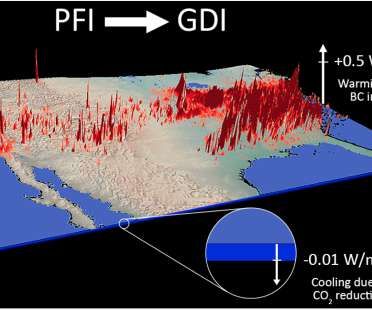

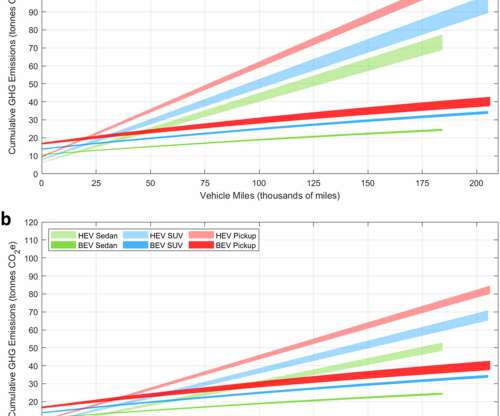
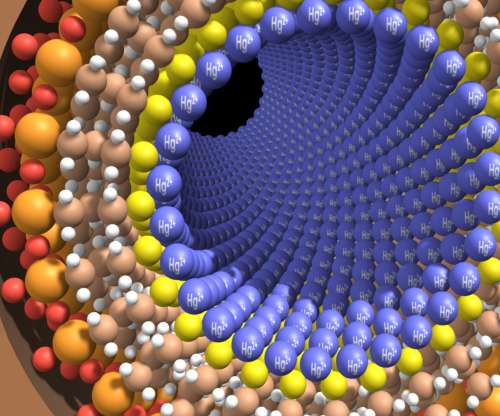



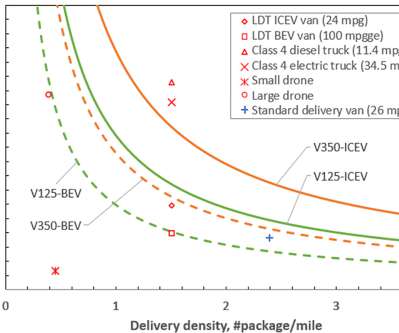





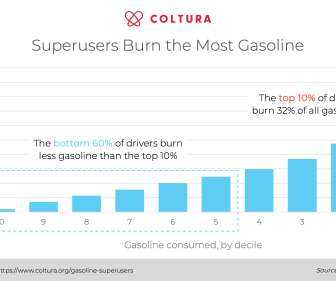
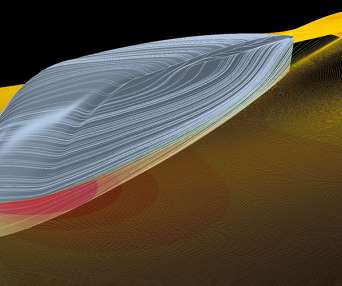














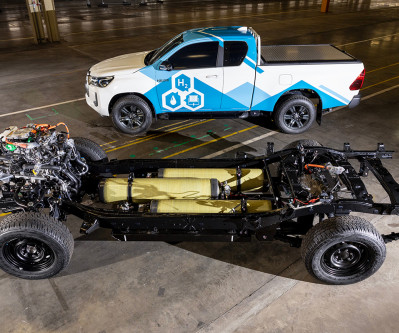
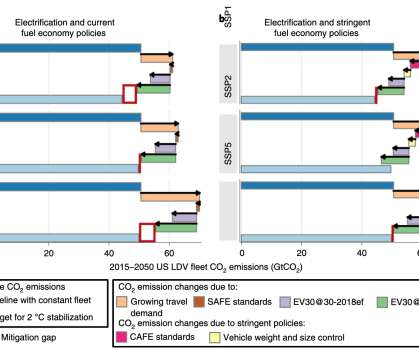








Let's personalize your content